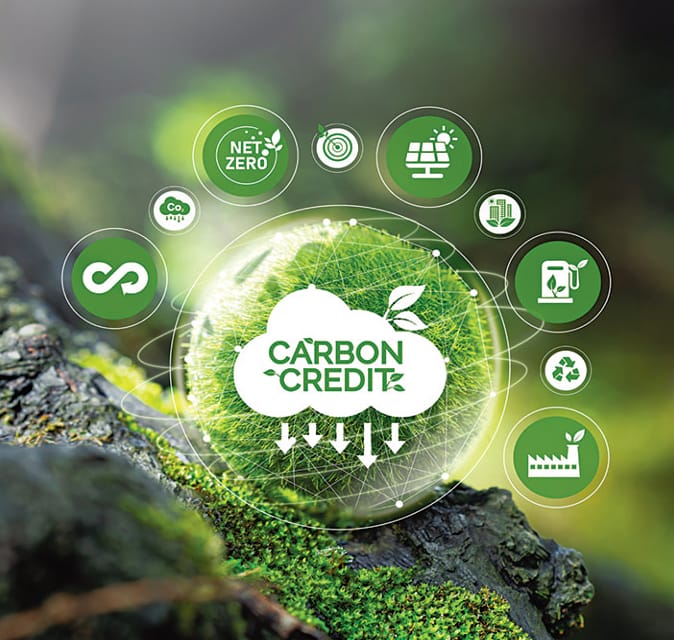August 10, 2024
 Home
Home
As Pakistan faces the dual challenge of economic growth and climate vulnerability, innovative financial mechanisms like carbon taxes and carbon credits are emerging as game-changers. These tools not only help reduce greenhouse gas emissions but also offer opportunities for sustainable revenue generation and international climate finance.
In this blog, we explore how Pakistan can leverage carbon pricing mechanisms to transform its climate and economic future.
What is a Carbon Tax?
A carbon tax is a fee imposed on the carbon content of fossil fuels. It aims to make polluting energy sources more expensive, encouraging businesses and individuals to shift toward cleaner alternatives.
Why Pakistan Needs These Tools
Pakistan contributes less than 1% to global emissions but is among the countries most affected by climate change. With limited fiscal space and high vulnerability, carbon finance provides an opportunity to:
Mobilize international climate investment
Build climate-resilient infrastructure
Empower rural communities through offset projects
Challenges to Implementation
Despite the potential, Pakistan faces significant roadblocks:
Absence of a national carbon pricing framework
Lack of public and private sector awareness
Weak institutional capacity for MRV (Monitoring, Reporting, Verification)
No national carbon registry or trading platform
Policy Recommendations



August 10, 2024
August 10, 2024


August 10, 2024
August 10, 2024

‘2’ Comments
Michael jordan
22 August, 2024Interactively visualize top-line internal or "organic" sources rather than top-line niche mark unleash 24/7 opportunities after high standards in process improvements. Uniquely deploy methodologies with reliable information.
Johon Alex
22 August, 2024Interactively visualize top-line internal or "organic" sources rather than top-line niche mark unleash 24/7 opportunities after high standards in process.
Leave A Comments